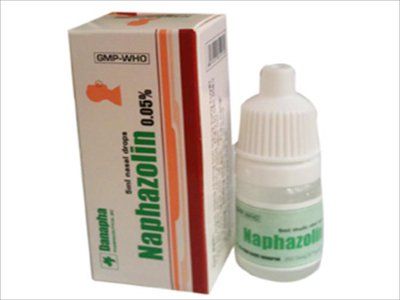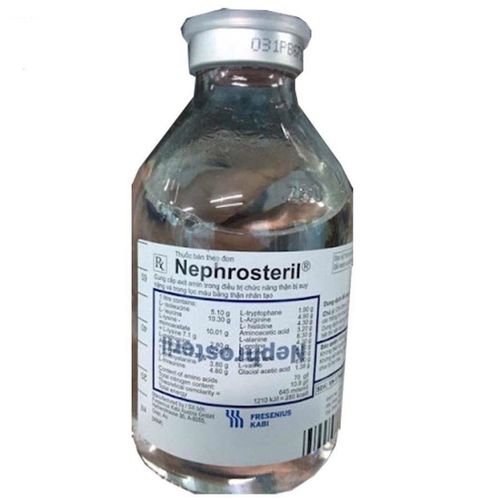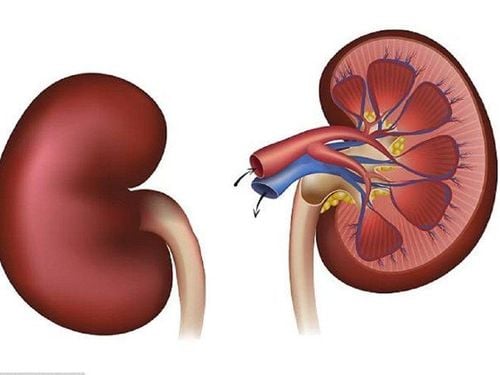This is an automatically translated article.
This article is expertly consulted by Master, Doctor Nguyen Le Duc Hoang - Emergency Medicine Doctor - Emergency Department - Vinmec Danang International Hospital. The doctor has a lot of experience in the treatment of Resuscitation - Emergency care for adults.1. Symptoms of acute hepatobiliary syndrome
Symptoms of acute hepatobiliary syndrome (Hepatorenal Syndrome and HRS for short) should be treated as a medical emergency. If you experience any of the symptoms listed below, contact your doctor or seek medical attention immediately. Common symptoms of HRS include:Confusion Delirium Nausea Vomiting Memory loss Weight gain Jaundice and yellow eyes Decreased urine output Dark urine Enlarged abdomen There are two types of HRS. Type 1 HRS has rapid kidney failure and excessive production of creatinine. Type 2 HRS has gradual kidney damage that progresses more slowly, and symptoms are more difficult to detect.
HRS is an extremely serious disease and the majority of patients die. According to a study in the Journal of Clinical Biochemistry, people with type 1 HRS have a median survival of two weeks and will die within eight to 10 weeks, unless they receive an early liver transplant. The median survival for type 2 is about six months.
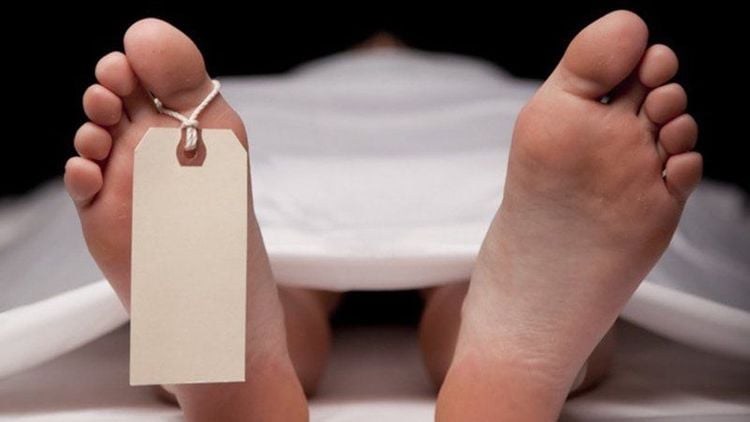
2. Causes of acute liver and kidney syndrome
HRS is one of the complications of liver disease and the most common is cirrhosis. If you have cirrhosis, several factors increase your risk for HRS, including:Unstable blood pressure Diuretic use Acute alcoholic hepatitis Stomach bleeding Spontaneous bacterial peritonitis Bacterial Peritonitis) Other infections (especially kidney infections)
3. Diagnosis of acute hepatorenal syndrome
If the doctor suspects that the patient has acute liver and kidney syndrome when going to the medical facility for emergency care, the doctor will look for signs of HRS such as:Swollen breast tissue Sores on the skin Fluid accumulation in the abdomen Yellow skin due to excess of bilirubin in the blood Fatigue Abdominal pain Discomfort An enlarged spleen Temporary impairment of brain function (confusion and/or memory loss) associated with hepatic encephalopathy No specific test to confirm HRS . Therefore, this pathology is only diagnosed by excluding other causes of acute renal failure in patients with advanced liver disease.
Doctors will conduct a thorough clinical assessment, detailed medical history and order various tests. In this way, the doctor will determine if the patient has other conditions such as advanced liver failure with hypertension and rule out other causes of kidney failure, such as:
Urinary tract disease or kidney infection Shock caused by a sudden decrease in blood flow in the body Some medical treatment drugs are being used that affect kidney function, also known as nephrotoxic drugs Overdose of diuretics One of The test used to diagnose HRS is the serum creatinine test. This test reflects how well your kidneys are working. One of the signs of HRS is an abnormally high level of creatinine in the blood.
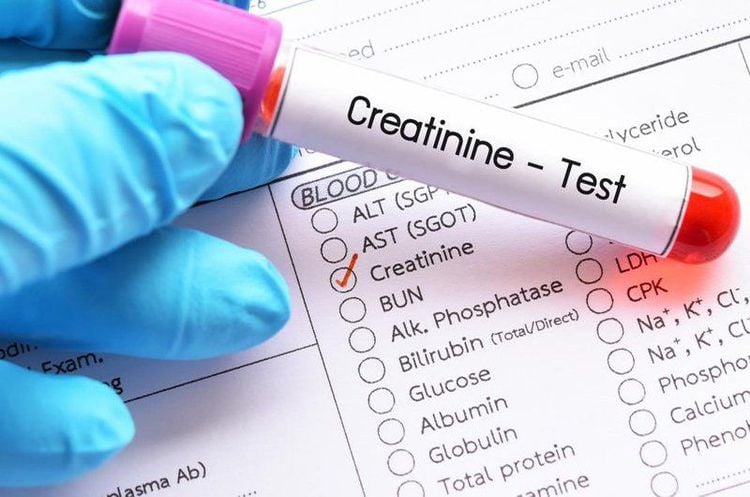
4. Management of acute hepatorenal syndrome in the emergency
A liver transplant is the best treatment for people with HRS but may not be an option for people with type 1 HRS because they may be too ill for major surgery. Those who are ineligible for a transplant or waiting for a donor will be treated with hemodialysis or medication to improve blood flow to the kidneys.Patients with HRS are also advised to avoid diuretics, which can impair kidney function, or treat infections promptly and maintain electrolyte balance. The main electrolytes in the body include sodium, potassium, calcium, magnesium, phosphate, and chloride. Your doctor will determine your electrolyte levels with several tests and plan treatment to address the electrolyte imbalance.
In some cases, people with HRS need both kidney and liver transplant as the best option. But even after a successful liver transplant, kidney problems may persist, sometimes requiring dialysis. Dialysis is a treatment that removes waste, salt, and excess water from the body and other functions normally performed by healthy kidneys.
Other options for people who cannot have an organ transplant or are waiting for a transplant include:
Vasopressors that increase blood pressure in cases where blood pressure is too low Using Albumin to improve kidney function General Hospital Vinmec International Department is one of the hospitals that not only ensures professional quality with a team of leading medical doctors, modern equipment and technology, but also stands out for its examination, consultation and treatment services. comprehensive, professional; civilized, polite, safe and sterile medical examination and treatment space.
Please dial HOTLINE for more information or register for an appointment HERE. Download MyVinmec app to make appointments faster and to manage your bookings easily.
Article references: healthline.com, liverfoundation.orgMORE:
Hepatorenal syndrome (HRS) in patients with advanced cirrhosis What is hepatorenal syndrome? Manifestations of the disease Treatment protocol for hepatorenal syndrome








